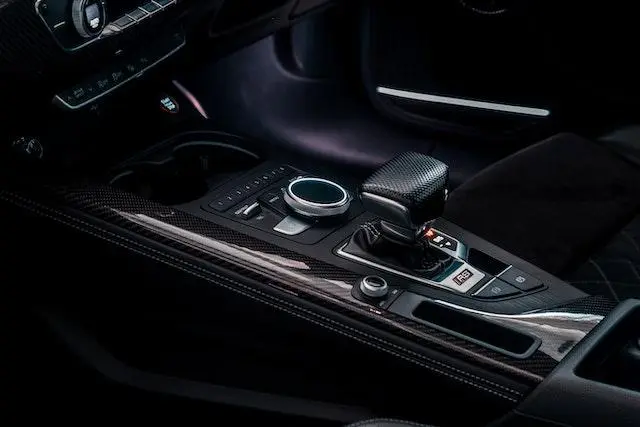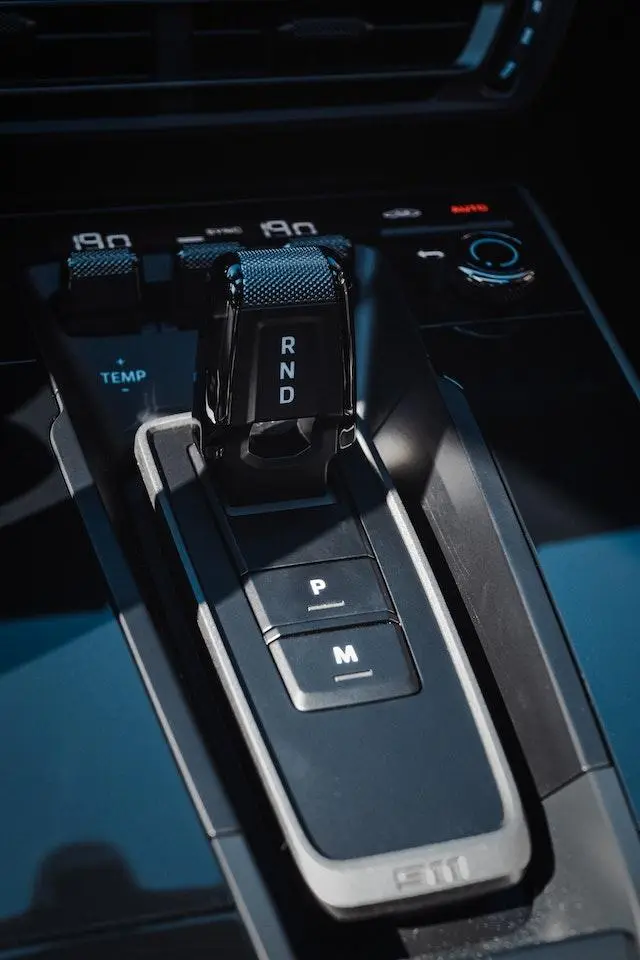What is a torque converter?
Published Date: 9th Jun 2023
 The torque converter is crucial in a car's automatic transmission, enabling power transfer from the engine to the wheels. Drivers who want to maintain a consistently high level of performance for their vehicle should have a working knowledge of this pivotal component. Understanding its function, mechanics, and maintenance requirements is essential for optimal driving experiences.
The torque converter is crucial in a car's automatic transmission, enabling power transfer from the engine to the wheels. Drivers who want to maintain a consistently high level of performance for their vehicle should have a working knowledge of this pivotal component. Understanding its function, mechanics, and maintenance requirements is essential for optimal driving experiences.
A torque converter is a hydraulic coupling used to transfer rotational power from an internal combustion engine, or a prime mover, to a rotating driven load in vehicles equipped with an automatic transmission. It calmly connects the power source to the load and typically sits between the transmission and the engine's flywheel. In essence, a manual transmission's clutch performs the equivalent function.
How does a torque converter work?
The torque converter comprises three key elements: the pump, responsible for the propulsion of transmission fluid; the turbine, which harnesses the energy of the fluid; and the stator, which redirects the fluid back to the pump.
- The pump is an engine-connected impeller that propels transmission fluid to the turbine through a series of vanes and centrifugal force.
- The turbine inside the pump consists of a series of vanes strategically shaped to seize the fluid ejected by the pump. This clever design allows for smooth rotation and efficient operation.
- The stator, a stationary wheel between the pump and turbine, features v-shaped vanes designed to redirect fluid from the turbine and back to the pump. This mechanism ensures a continuous fluid flow between the pump and turbine, creating an essential function for machinery and a vital component in engineering.
The pump rotates while the engine is running, generating centrifugal force that transmits fluid towards the turbine. The turbine, in turn, rotates as it interacts with the fluid, while the stator redirects the fluid back to the pump, facilitating a consistent power flow.
BUY A NEW CAR FROM UK CAR DISCOUNT HERE
Benefits of a torque converter?
 The advantages of driving with a torque converter are numerous. Its ability to deliver up to 2.5 times more torque when shifting gears leads to improved fuel economy. Secondly, it accelerates smoother by gradually transmitting power from the engine to the wheels. Lastly, it reduces wear and tear on the engine and transmission due to its cushioning effect on sudden speed changes.
The advantages of driving with a torque converter are numerous. Its ability to deliver up to 2.5 times more torque when shifting gears leads to improved fuel economy. Secondly, it accelerates smoother by gradually transmitting power from the engine to the wheels. Lastly, it reduces wear and tear on the engine and transmission due to its cushioning effect on sudden speed changes.
- Improved fuel economy: The torque converter can multiply torque by up to 2.5 times, which helps to improve fuel economy.
- Smoother acceleration: The torque converter helps provide smooth acceleration by gradually transferring power from the engine to the wheels.
- Reduced wear and tear: The torque converter does more than just transfer power from the engine to the transmission. It cushions the impact of sudden speed changes, helping reduce wear and tear on your engine and transmission. Pretty clever, huh?
What are the common problems with torque converters?
Unfortunately, there are several recurrent issues associated with using torque converters. These include worn or damaged bearings resulting in wobbling or eventual failure. Leakage from the seals can additionally lead to less efficient performance and loss of transmission fluid. Clogged filters could restrict fluid flow, with similar outcomes. Other potential issues are overheating and premature failure due to improper levels and unexpected breakdowns from the faulty installation.
- Worn or damaged bearings: A torque converter will wear out over time, causing the converter to wobble and eventually fail.
- Leaking seals: The seals in a torque converter can leak, which can cause the transmission fluid to leak out and reduce the converter's efficiency.
- Clogged filters: The filter in a torque converter can become clogged, which can restrict the flow of transmission fluid and reduce the converter's efficiency.
- Improper fluid levels: The transmission fluid in a torque converter must be kept at the correct level, or it can cause the converter to overheat and fail.
- Improper installation: If a torque converter is not installed correctly, it can cause the converter to fail prematurely.
What happens if a torque converter fails?
- The vehicle may not move at all. If the torque converter fails, the engine cannot transfer power to the transmission, and the car will not move.
- The vehicle may move slowly or erratically. If the torque converter is partially damaged, it may still be able to transfer some power to the transmission, but the vehicle may move slowly or erratically.
- The vehicle may make strange noises. A failing torque converter may make odd noises like whining, humming, or clunking.
- The vehicle may overheat. A failing torque converter may overheat the transmission fluid, damaging the transmission.
If you experience these symptoms, having your vehicle towed to a qualified mechanic is important to check the torque converter. A faulty torque converter can cause severe harm to your vehicle; thus, it is imperative to have it repaired at the earliest possible opportunity.
Signs of a failing torque converter:
- The vehicle hesitates or stalls when accelerating.
- The car makes strange noises when accelerating or decelerating.
- The vehicle loses power when driving at high speeds.
- The transmission fluid is low or contaminated.
- The car had been in an accident that damaged the front end.
Don't turn a blind eye to these warning signs! Getting your torque converter examined by a certified mechanic is highly recommended.
Looking to buy a new car? Find Amazing New Car Deals Here
Discover your perfect car with the guidance of our team of expert sales professionals. From start to finish, we'll work with you to find the ideal vehicle to match your needs. Contact UK Car Discount today and explore our wide selection of premier vehicles.
Call us today at 0161 946 3500 to discuss how we can guide you with your next Next New Car.
READ THE LATEST NEW CAR JARGON ARTICLES HERE
